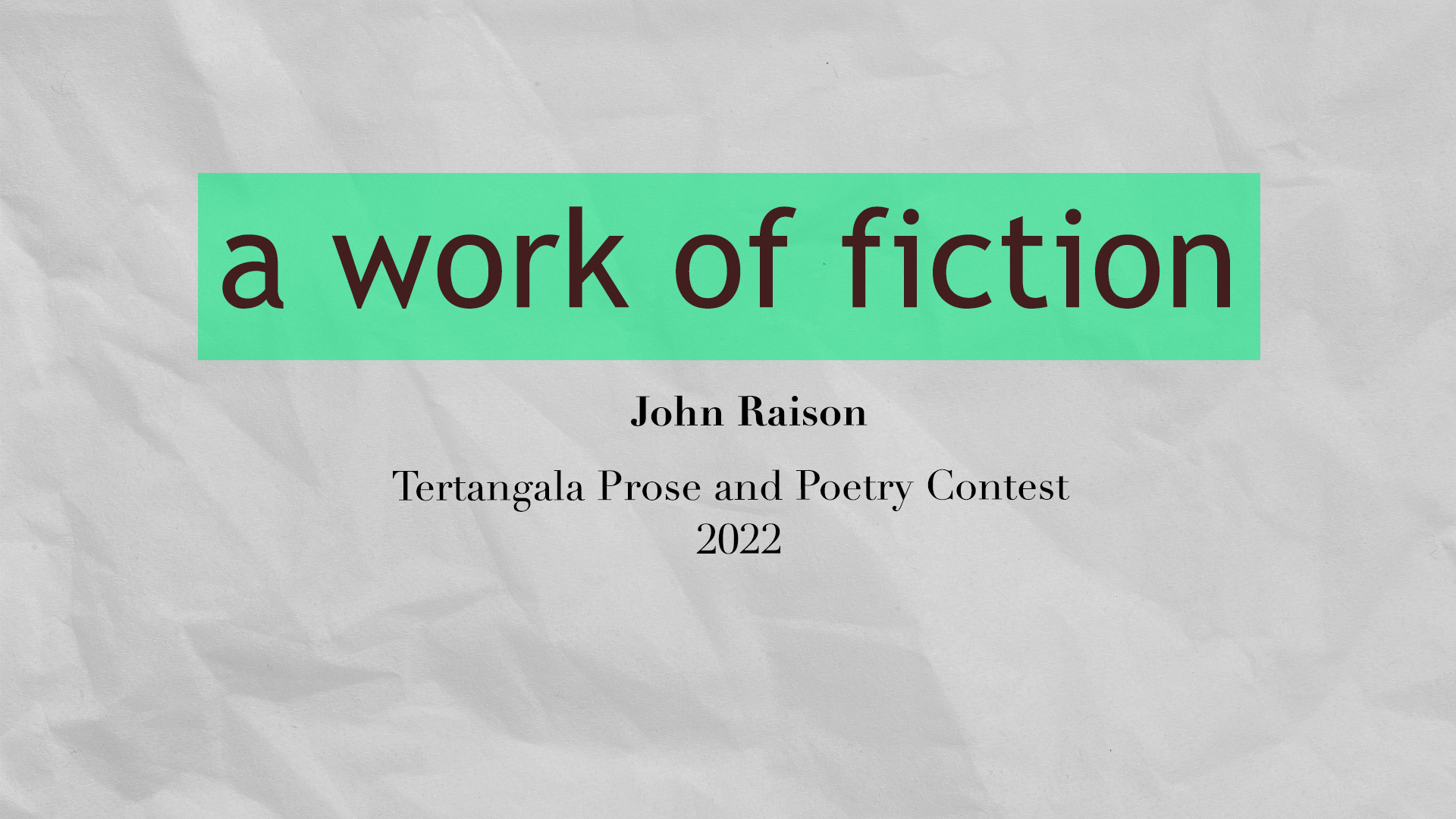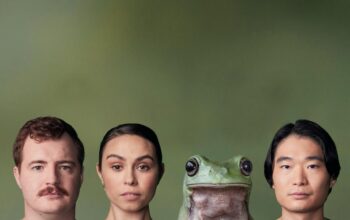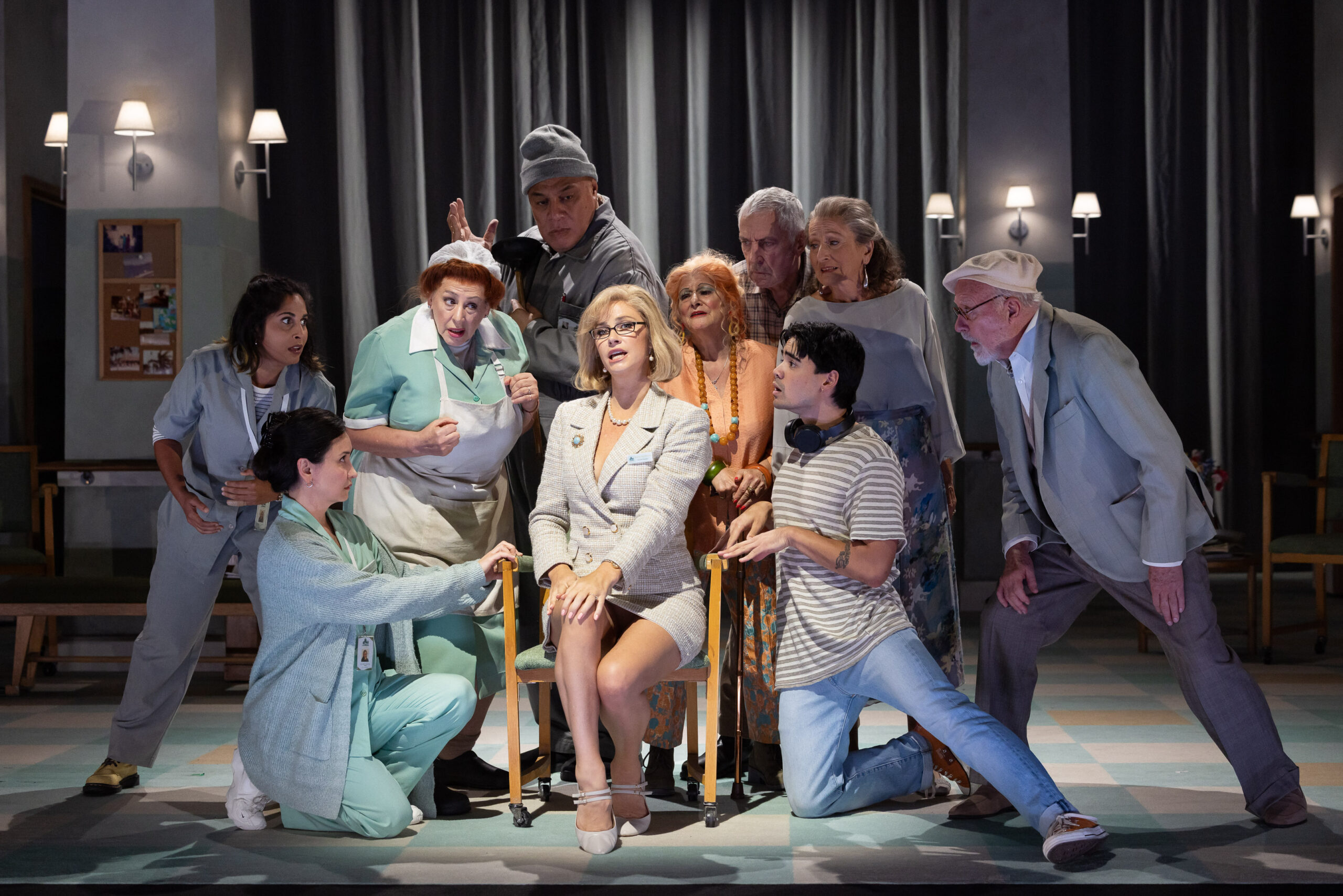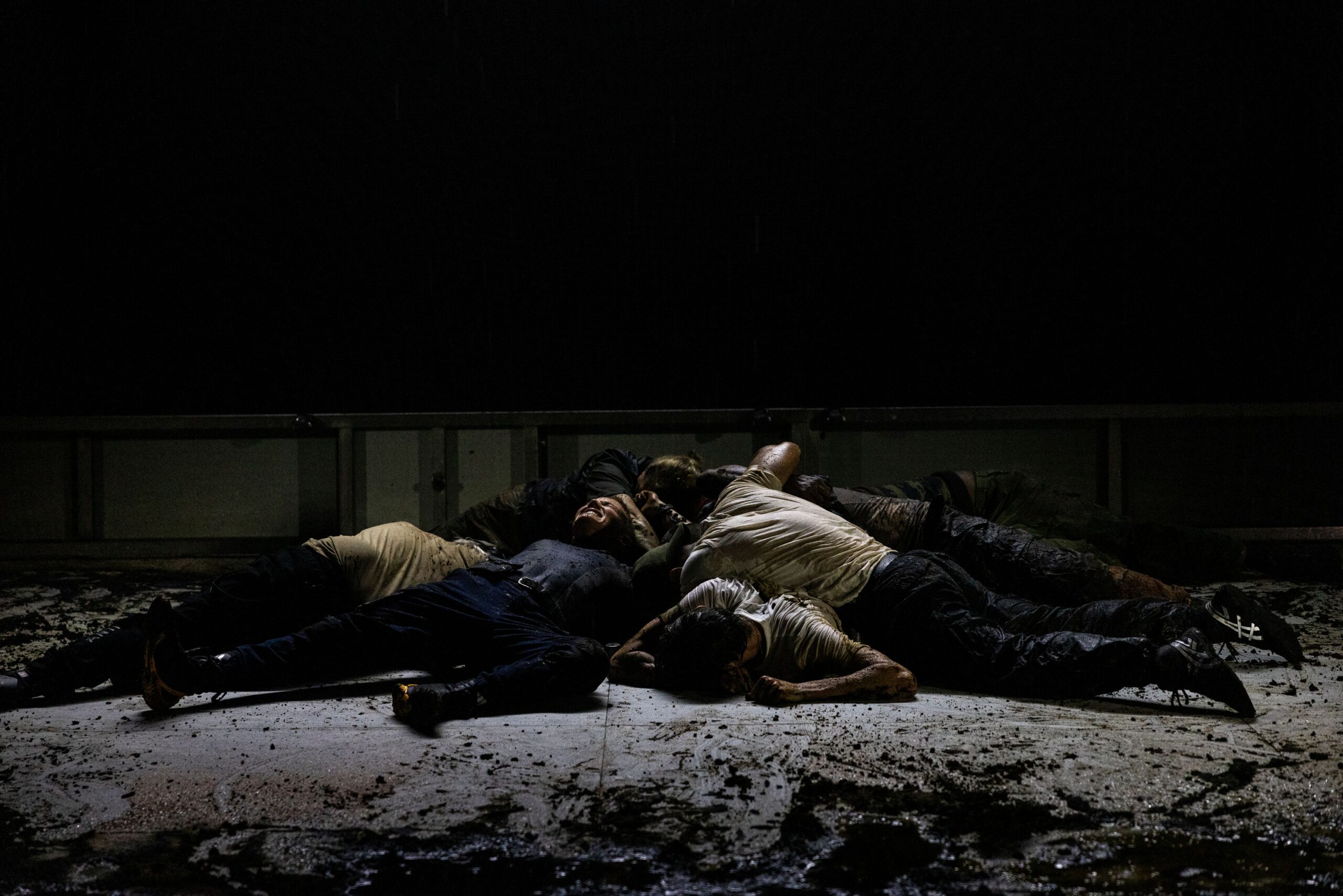I’m sitting at the window seat on the lower level of a train, caked in layers of clothing like
strata. I’m early but the train was already here getting cleaned, and they said I could sit inside
to keep out of the chill. It’s frozen and dark out there, with the dingy station’s lights not working
properly. Some flicker and some are just hollow and dead. No one’s come to bring them back
to life yet. I’m not sure they ever will.
I don’t really know why I chose the lower level. Maybe it was something about the
stairs. All I know is now I’m sitting level with the platform, and there are ants right outside.
They’re charming, in a really weird way. I like the way they walk in little zig-zags and bump
into each other and wave their little antennae and grab a little crumb – maybe from a bag of
chips somebody bought from the vending machine over there – and hold it up proudly. They’re
cute, despite their insect-ness. I hope they’re not too frosty.
They’re pretty incredibly small. I’d hate that, to be that small, especially while outside
in the chill. I remember when I was a kid I used to get this horrible sensation where I’d feel the
room swimming, getting larger around me, and I would feel just so, so, small. I think I vomited
the first time it happened. I remember the room hurling outwards, ballooning bigger and bigger
while I crumpled ever inwards. My stomach never stood a chance. The train starts to pull out
of the station, and I stop watching the ants.
The first time I can properly remember the vomit-inducing feeling was when I was
little. Maybe five, maybe less. All I know is I was sitting in my great-grandmothers house,
playing with a jigsaw puzzle when I lost the last piece somehow. I was stressing out trying to
find it, and while getting low under the lounge, the bad feeling started coming on and I knew I
was going to be sick. But before I could do anything I was already outside, crying into my
mum’s shoulder. Because what they told me later was there was never a jigsaw puzzle and I
never got under the furniture looking for the missing piece. I was sitting on the ground, staring
at the T.V. when they noticed me go all sorts of awful shades and got me outside before I
belched my guts out so hard I started crying. Then I was crying because I couldn’t remember
how I’d gotten there. My memory was wrong. I was a little ant that accidently got stuck on the
train and was now zigzagging up, far, far away from where he was meant to be. So, I cried.
I’m looking at that ant now, as it presses itself against the train window. I’m not sure
how it got in. From the way it’s stressing out, I’m sure that it doesn’t know either. I pick it up
on my finger and stare at it as it stares back at me. I wonder what it sees. How it knows what
it sees is real. I have to remind myself that it’s an ant, and existentialism is something pretty
foreign to it. I have a feeling – as I watch it walk in circles on my thumb –its inner monologue
is something akin to a haiku poem. Another station stops and goes by, and I place the ant back
on the windowsill. It looks hungry, so I reach into my bag and unwrap my sandwich, handing
it a crumb. It munches hungrily and I do the same. And as I eat my mind drifts back, like a bug
caught in a swimming pool being sucked towards the filter, to my memory.
My great-grandmother died in twenty-fourteen. She lived in Mudgee. It’s a long way
away. I know because the train has been going for a while now and I’ve still got ages to go. I
went to the funeral but I haven’t been back since. I don’t really know why I’m going now. I
tell myself it’s to see her grave. The ant tells me a haiku. I try to grab hold of it, to remember
it, but it slips out of my fingers like a slick, writhing worm, and I forget.
My great-grandmother used to confuse me with her son, my grandfather, because we
have the same name. She tried to give me money, and was confused when my family
wouldn’t let her change her will to give him/me everything. She had dementia. Her memories
fictionalised themselves. I’m terrified for my own.
Memory is something important to me, mostly because I think someday I’ll lose it. The
ant tries to reassure me, but its next haiku just goes over my head. It doesn’t matter. I don’t
think anyone could say anything that would make me feel better about it. I’d rather they didn’t
try to tell me ‘everything would be okay’ when they can’t prove it. The ant calls me a pessimist
in an especially scathing haiku. I tell it I prefer the term sceptic, or realist. I’ve had my hopes
crushed far too many times by false promises to ever fall for them again. So, I keep it shoved
down deep, and I stay terrified.
One thing I learnt from my great-grandmother is that losing my memory is different to
death, mostly because there won’t be any closure for my loved ones. Not for a long while, at
least, and I don’t want to do that to them. Because if all I am is my memories and my memories
are no longer, then I am not me. They’ll have to care for a stranger and pretend he is me. They’ll
be living a fiction as much as I will.
I stare at the ant, which for the first time is speechless, and drop it another couple of
crumbs. As it eats I continue to stare at it, and for the first time I wonder if it is real. After a
couple of minutes of thinking, the answer comes up indecisive. Are you real? I whisper to it.
All I get is another haiku:
From my eyes, I see
A world made unknowable
Like sand was once stone
I sit back in my chair. I don’t think the haiku answers my question, but I can tell that
isn’t the point. The point is ants can’t do what this ant just did; what it’s been doing since the
beginning. So that probably means it’s not real. I’m disappointed, but not really surprised. I
have many weird pockets in my memory that don’t make sense: a stranger walking up to me
and telling me when my own birthday is, or seeing people who couldn’t be at places where I
remember them. I remember it all vividly but it cannot exist. Like the jigsaw puzzle, it’s fiction.
And still it’s part of me.
We arrive in Mudgee. Which is impossible, because we only just left and there isn’t
even a train from Wollongong to Mudgee. Actually, Mudgee doesn’t even have a train station.
Yet despite all that I’m standing in front of my great grandmother, her headstone gleaming in
the glacial sunlight. I realise I should’ve brought flowers, or anything, really. All I have is the
not-real ant to set down in the frosted grass above her. I feel like I’m molten wax; all slow and
formless. My mind is sticky sweet. I can’t even bring myself to say anything. Nothing out loud.
Nothing real.
How do I even know this is real? That I’m real? And do I even care? I can’t answer the
questions. I turn away from my great grandmother, and the not-real ant pours another haiku
from its new home into the air:
The lost wanderer
Murmurs of their coming death
To no other soul
And so I don’t.




